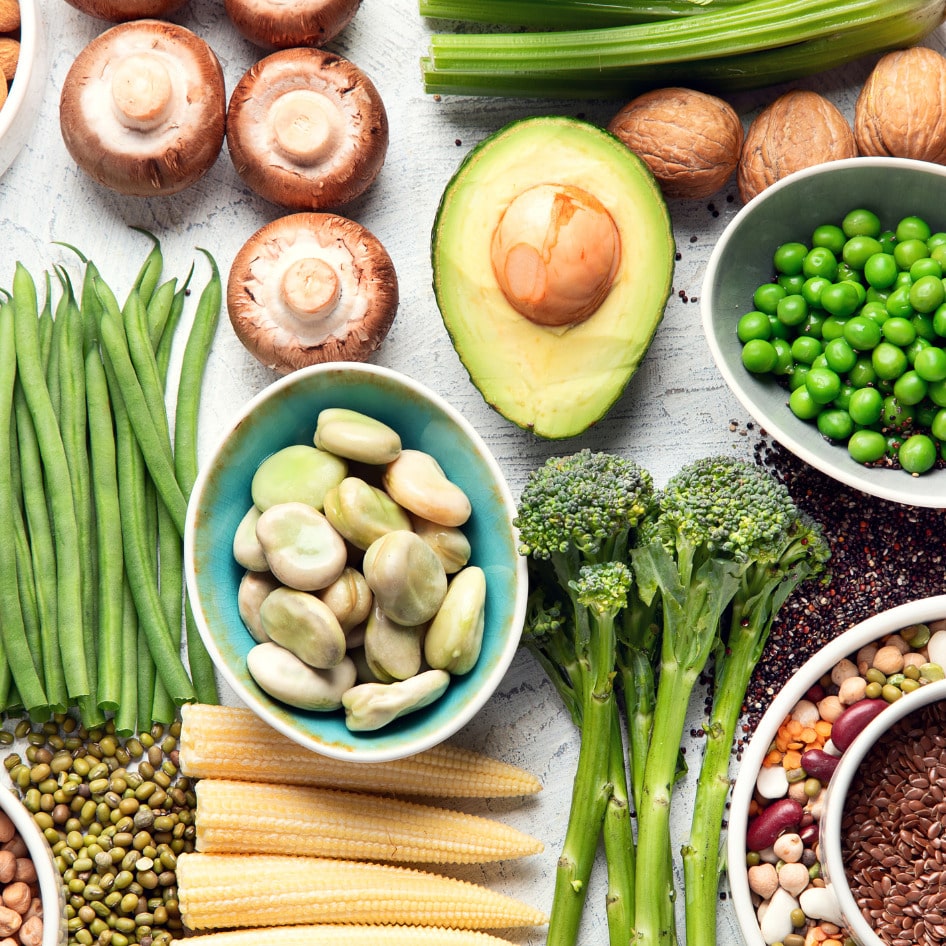Livestock Crisis and How a Veg Diet Can Help
A recent Worldwatch Institute report provides further evidence for why a veg diet is good for the earth.
October 25, 2009
The Worldwatch Institute released a report on October 20 that indicates animal agriculture has more of an impact on the planet than previously thought.
A concern for the environment, along with animal welfare and personal health, has long been one of the main reasons for people to adopt a vegan or vegetarian diet. Gore’s 2006 documentary An Inconvenient Truth helped increase awareness about greenhouse gas (GHG) emissions and global warming to the mainstream media and general public.
The United Nations Food and Agriculture Organization (FAO) released an extensive report in November 2006 entitled ”Livestock’s Long Shadow.” It stated that animal agriculture was responsible for 18 percent of all GHG emissions, which was higher than contributions from transport. The report also said demand for livestock had significant negative effects on the world’s water supply and biodiversity. The evidence suggested that animal agriculture wasn’t just bad for animals, but also bad for the earth, affecting each and every one of us.
The Worldwatch Institute’s report, written by Robert Goodland and Jeff Anhang, argues that the FAO’s estimates, while alarming, do not tell the entire story. The authors look at “overlooked and underestimated” sources of GHG emissions, including livestock respiration, the worldwide increase in livestock products since 2002 (which was the year the FAO obtained key statistics for its report), and the omission of farmed fish.
According to their more recent research, they estimate that animal agriculture contributes to more than half of the world’s greenhouse gas emissions (51 percent, to be exact).
So what can be done about this global problem? The best solution, according to the authors of this report, is to find food alternatives for meat and dairy products, which is something that vegans and vegetarians in developed nations are already familiar with.
The report says this consumer-driven change could have a more immediate effect on GHG emissions than replacing fossil fuels with renewable energy. Despite years of climate change negotiations, countries have not met emissions-reduction targets with the moderate developments in renewable energy that have occurred so far.
“By replacing livestock products with analogs, consumers can take a single powerful action collectively to mitigate most GHGs worldwide.”
Instead of changing governments or legislation, the report proposes changing the food industry itself. Using products such as soymilk and veggie burgers to replace their animal-derived counterparts would reduce atmospheric GHGs and help stop global food and water shortages. The report suggests that if individuals and industries follow specific guidelines, livestock products could decrease by up to 25 percent by 2017, which would reduce GHG emissions to a level that the Copenhagen Climate Conference is expected to aim for later this year.
The report argues that with the support of food companies, meat and dairy analogs could be cheaper, easier to cook, and healthier than livestock products, easing the public’s transition to plant-based eating, especially if they are marketed appropriately. Developing countries currently believe meat and dairy means a better life, but substitutions could also be seen this way, which would prevent the increasing demand for animal products in highly populated developing nations.
This analysis will surely spark debate with supporters of animal agriculture, just like the FAO report did three years ago. But as more research linking greenhouse-gas emissions to animal agriculture emerges, it becomes harder to ignore, especially when a reasonable solution to one of the world’s most pressing problems is clearly laid out.
JUMP TO ... Latest News | Recipes | Guides | Health | Subscribe







